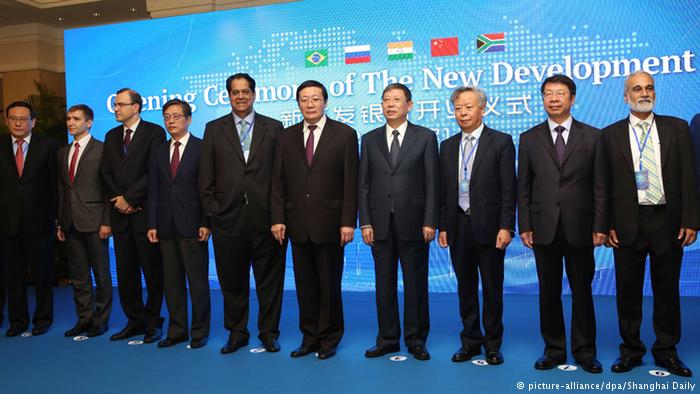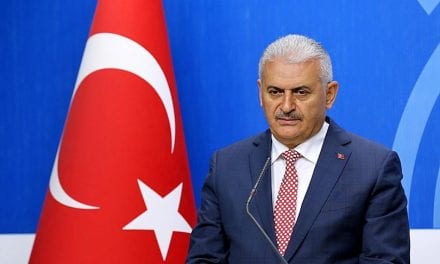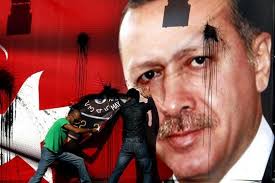By Danhong Zhang
With the establishment of their own bank, BRICS countries wanted to make a statement: No longer would they be dependent on the World Bank and the IMF. The New Development Bank has opened for business.
It took three years for the idea of a BRICS development bank to become reality. The problems were numerous: Different interests among the world’s top five emerging economies, or just plain distrust. Four of the five (Brazil, Russia, India and South Africa) were especially wary of the fifth (China) dominating the bank with its financial clout. They even thought to have each country contribute the same amount to the bank’s seed capital so that they’d all have equal voting rights.
But money doesn’t just ruin friendships; it also turns good intentions into bad ones. Ultimately, China contributed the most capital and was able to get its way when it came to picking a place for the new bank to be headquartered. (The HQ is in Shanghai.) To be sure, there were some compromises. The finishing touches were put on last February, the last ambiguities and points of friction taken care of, and now the first loans are due to be made. The NDB is finally open for business.
A bank from developing countries, for developing countries. Doesn’t sound like such a bad idea. But the implementation raises a few questions.
Overlap with other development banks
Since the work of the NDB is mainly focused on financing for infrastructure projects, it begs examining just how much overlap there is between it and the Asian Infrastructure Investment Bank (AIIB), which China founded last summer. On top of that, there’s also China’s new gold fund that it spearheaded for its Silk Road Initiative. Not to mention the already-in-existence Asia Development Bank. “There are various institutions all doing the same thing,” says Rolf Langhammer from the Kiel Institute for the World Economy.
But before all that, the seed capital that the BRICS states have pledged to invest in the bank must materialize. Brazil, Russia and South Africa are all mired in their own respective crises, says Langhammer, the economist. And India doesn’t have much money to spare anyway. “Everything depends on China. That could make investors suspicious, leaving them wondering whether the bank is in fact being carried by all of its member states, or whether it’s totally dependent on capital from China.”
Cooperation, not competition
With so much uncertainty, it’s understandable that the BRICS states are trying to downplay the significance of the New Development Bank. It’s not going to compete with the World Bank or the IMF, they say – it’s rather meant to complement them. In both of those financial institutions, the United States and Europe hold the most sway.
Cooperation, not competition, also happens to be a prescription of Langhammer’s. It would be in the BRICS bank’s best interest, because “competition would only lead to capital markets seeking out the safest borrowers,” he says. And those would still be the World Bank and the IMF.
In the end, the global demand for infrastructure is so great that old and new financial insitutions alike will have enough to do.



















